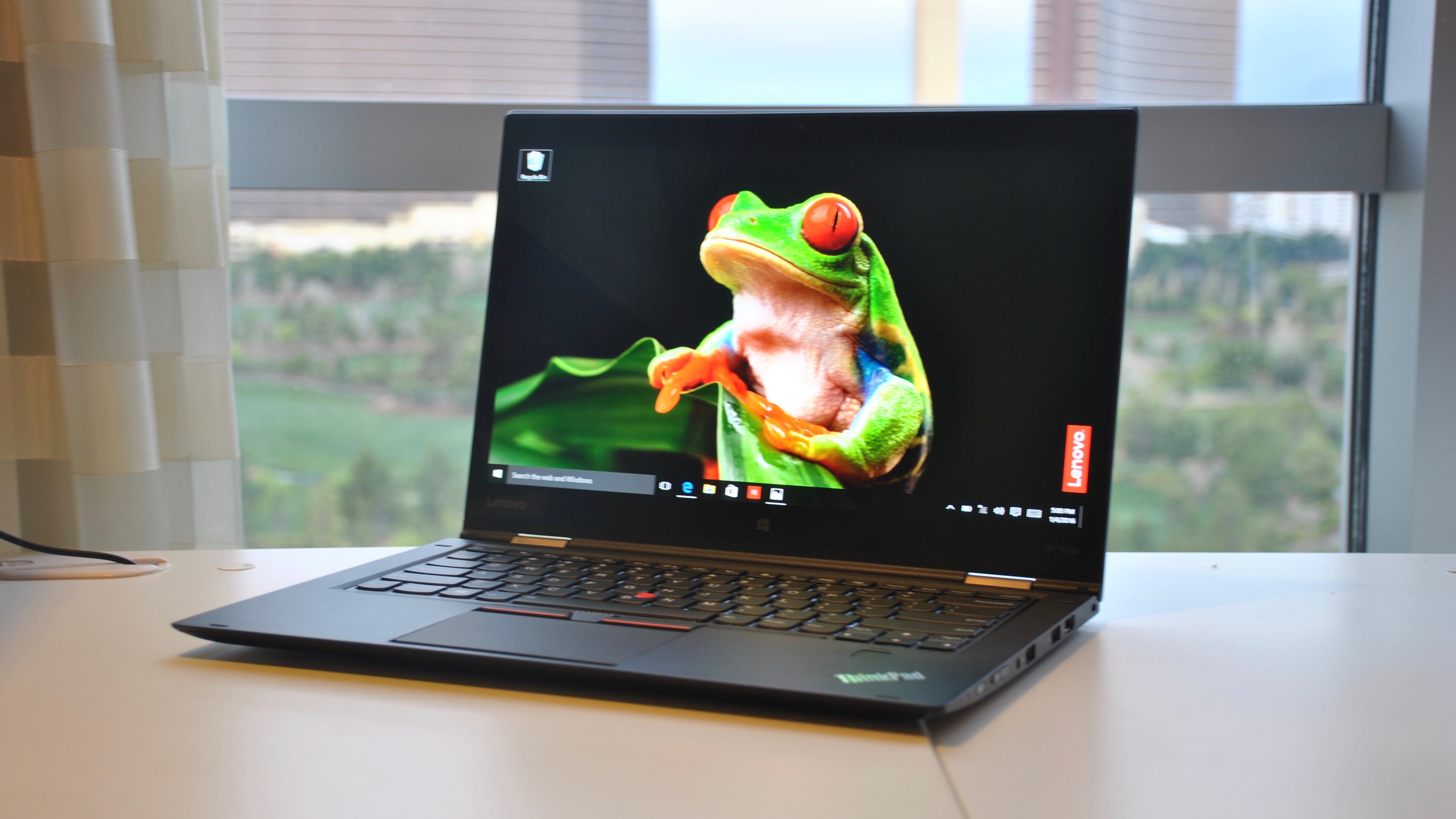Microsoft has a clever plan to secure Windows 10 devices
TPM 2.0 will be a compulsory inclusion for hardware vendors

Microsoft is soon going to make it compulsory for the manufacturers of Windows 10 PCs, tablets and smartphones to include TPM (Trusted Platform Module) for bolstered security.
In a TechNet post which covered the topic of TPM 2.0 compliance for Windows 10 devices in the future, Microsoft said it would be introducing the cast-iron requirement for systems to include TPM on the day before the anniversary of Windows 10's launch.
Redmond stated: "All shipping devices for Windows 10 across all SKU types must be using TPM 2.0 discrete or firmware from July 28, 2016. This requirement will be enforced through our Windows Hardware Certification program."
TPM is already present on a large number of business-targeted computers and notebooks, where security is always a heightened concern, but it's not so common for consumer machines. That will all change soon enough.
Pi exception
All hardware running Windows 10 desktop editions – that's Windows 10 Home, Pro, Education and Enterprise – must implement TPM 2.0 and ship with it enabled, along with all Windows 10 Mobile devices.
The exception to the rule is Windows 10 IoT Core where TPM will remain optional, so the likes of the Raspberry Pi won't be bound by this new Redmond directive.
TPM encompasses a raft of security mechanisms designed to protect a device from tampering and would-be intruders if the hardware falls into the wrong hands, and the newer TPM 2.0 standard offers a number of clear advantages over TPM 1.2 including support for SHA-256 hashing.
Sign up to the TechRadar Pro newsletter to get all the top news, opinion, features and guidance your business needs to succeed!
It can be implemented either in discrete form (a separate chip) or as firmware TPM.
Via: PC World
Darren is a freelancer writing news and features for TechRadar (and occasionally T3) across a broad range of computing topics including CPUs, GPUs, various other hardware, VPNs, antivirus and more. He has written about tech for the best part of three decades, and writes books in his spare time (his debut novel - 'I Know What You Did Last Supper' - was published by Hachette UK in 2013).